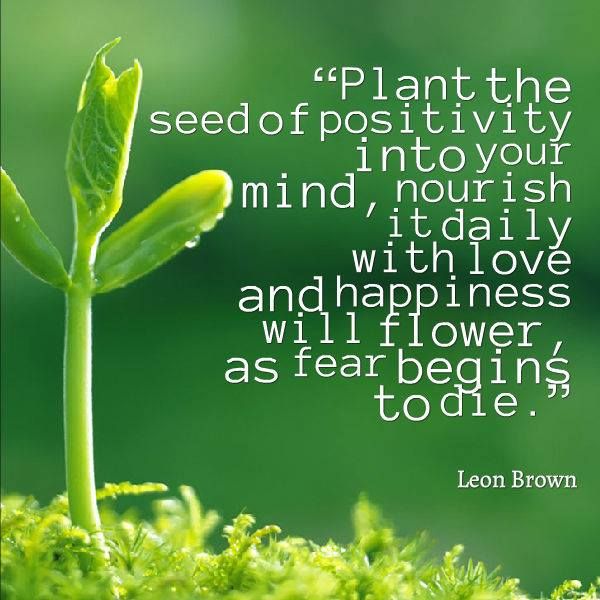Beginning Change

The first chapter in the section on Overcoming Obstacles in “The Art of Happiness” by HH the Dalai Lama starts us down the road of making actual change from suffering to happiness. But of course, this process is not without work or even hardship. We can’t just say “I will not suffer any longer” and suddenly be out of it. Old habits die hard, and so many of our habits can contribute to our continued suffering, so how do we start this process of change?
Like yoga, the Buddhist practices that the Dalai Lama suggests are practical and approachable step by step. Learning is the first step toward change. Understanding our negative actions and reactions, acknowledging their presence and where and when they show up is the learning that is needed. This makes us then have some conviction to make a change for the better. With this underlying conviction we have to follow up with determination, action, and effort.
In a way, I feel like Chapter 12 ends with the best concept of the “learning” and understanding that is needed to even embark on facing and eliminating our obstacles. We need to believe that this process is possible and HH the Dalai Lama highlights three premises that are similar to yoga in the section entitled “Realistic Expectations”.
1. “All deluded states of mind, all afflictive emotions and thoughts, are essentially distorted, in that they are rooted in misperceiving the actual reality of the situation. No matter how powerful, deep down these negative emotions have no valid foundation. They are based in ignorance.” – AVIDYA in Sanskrit.
2. “The cultivation of certain specific positive mental qualities such as patience, tolerance, kindness, and so on can act as specific antidotes to negative states of mind such as anger, hatred, and attachment.” – This type of work is highlighted within The Yoga Sutras in both the first and second chapters (see below)
3. “The essential nature of the mind is pure…the underlying basic subtle consciousness is untainted by the negative emotions. Its nature is pure, a state which is referred to as the ‘mind of Clear Light’.” – This concept is similar to PURUSA (pure consciousness) in Sanskrit and the foundation of our “True Self”.
Of course, attitude matters and understanding that we CAN overcome obstacles presented to us helps to keep enthusiasm, conviction and determination up. However, even when the attitude is lacking it is good to know that “Repeatedly engaging in a positive behavior can eventually bring about genuine internal change.” Action and effort cannot be ignored.
We see similar ideas in The Yoga Sutras of Patanjali in regards to changing our moral and personal actions and attitudes, and our ability to face obstacles along the way. Sutra I.33 states “Through cultivation of friendliness, compassion, joy, and indifference to pleasure and pain, virtue and vice respectively, the consciousness becomes favorably disposed, serene and benevolent.”. Sutra II.33 states “Principles which run contrary to yama (moral precepts) and niyama (personal observances) are to be countered with the knowledge of discrimination.” (BKS Iyengar in Light on The Yoga Sutras of Patanjali).
Of course this learning process and development of antidotes in attitude and behavior are not a “quick fix”. As the Dalai Lama highlights, “There is no getting around these essential ingredients: determination, effort, and time.” So also with yoga, where the goal of stilling mental fluctuations and disturbances happens with “Long, uninterrupted, alert practice.” (Sutra I.14). We have to make realistic goals and expectations in order to stay on track and not get overwhelmed. Finding balance and understanding that no small effort is wasted is helpful. And keeping in mind that happiness is always right there with you…it just needs to be uncovered.
“Negative mental states are not an intrinsic part of our minds, they are transient obstacles that obstruct the expression of our underlying natural state of joy and happiness.”
The Art of Happiness – Bringing about change
